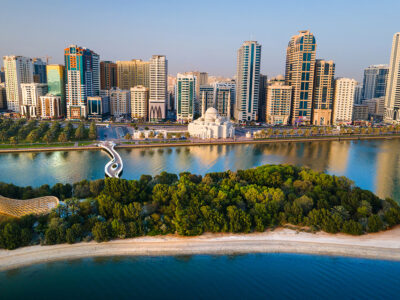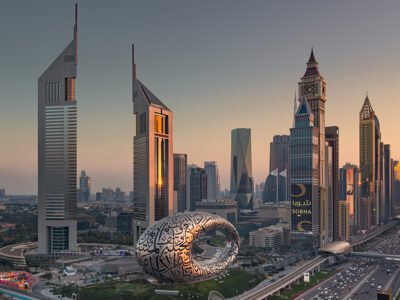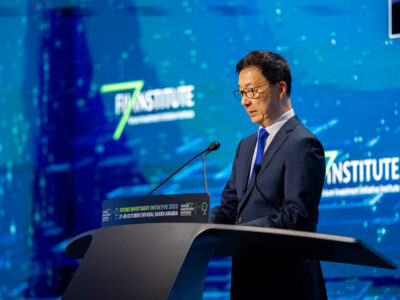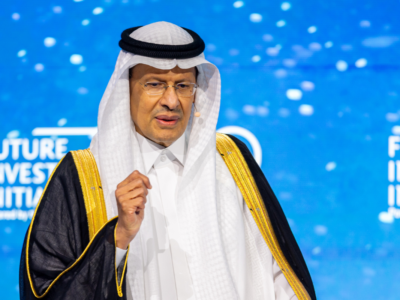A $15bn investment was made across the region in 2018 alonePublished by Deloitte and Huawei, the findings in the report show that the GCC has made admirable progress toward digital transformation, with a $15bn investment across the region in 2018 alone. It still lags behind more advanced nations such as the Nordics, Japan and the US, though this is a positive, as it acts as an example for Middle Eastern nations looking to begin their transformation from the back of the pack.
ICT investment directly impacts GDPFor every 20 percent of ICT investment ploughed into an economy, a nation will see a one percent rise in its GDP. And although digital transformations from a public sector perspective might seem like a fancy way of describing online payments, the outcomes for nations can have an immeasurable impact.
The healthcare is a big beneficiaryFirstly, there’s Smart Care, which focuses on the healthcare industry. And the GCC is gathering pace as a potential leading healthcare hub. Saudi Arabia’s NTP plan is ambitiously aiming to have 70 percent of its citizens unified through digital medical records by 2030.
Education also benefitsSecondly, there are classrooms of the future. The UAE has set aside $272m for spending in this area over the next five years. As a way of equipping its future leaders with the necessary skills, its education system has moved from traditional textbook learning methods to digitally enhanced learning experiences. Its Smart Learning Programme has already taken its infrastructure from 283 schools with 6,349 teachers in 2015, to 423 schools and 12,320 teachers today.
Smart tourism drives visitor numbersThe next great driver is smart tourism. As nations move away from oil-dependent strategies, tourism continues to show its value in the digital sphere – with visitors demanding more seamless travel experiences. Dubai has taken full advantage of this, developing biometric technologies that reduce inconvenient immigration procedures, and improve the travel experience for both holidaymakers and citizens alike.
The future of driverless transportMobility is one of the most advanced areas for GCC nations. Dubai has already begun working towards its goal of making 25 percent of all trips driverless by 2030, and the KSA has set aside $140bn for mobility optimisations over the next decade. The reason for this progress is mobility’s role in the wider smart city development mandate, which has taken a front row seat in parts of Saudi Arabia, Bahrain and the UAE.








